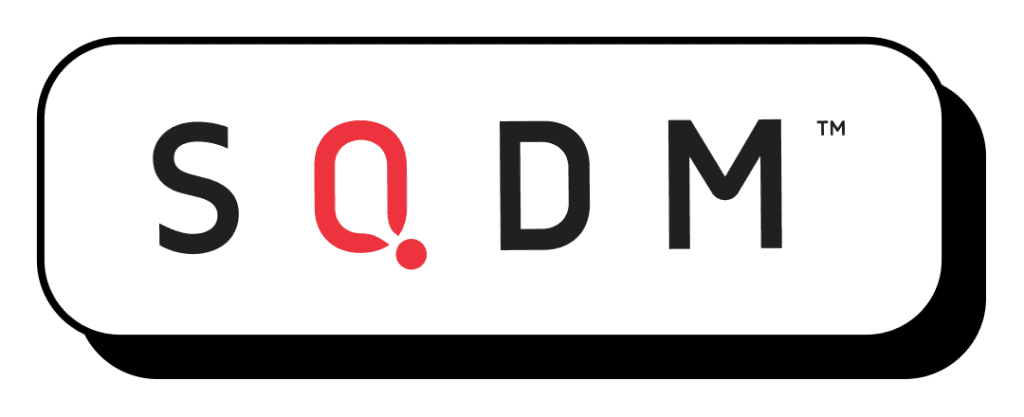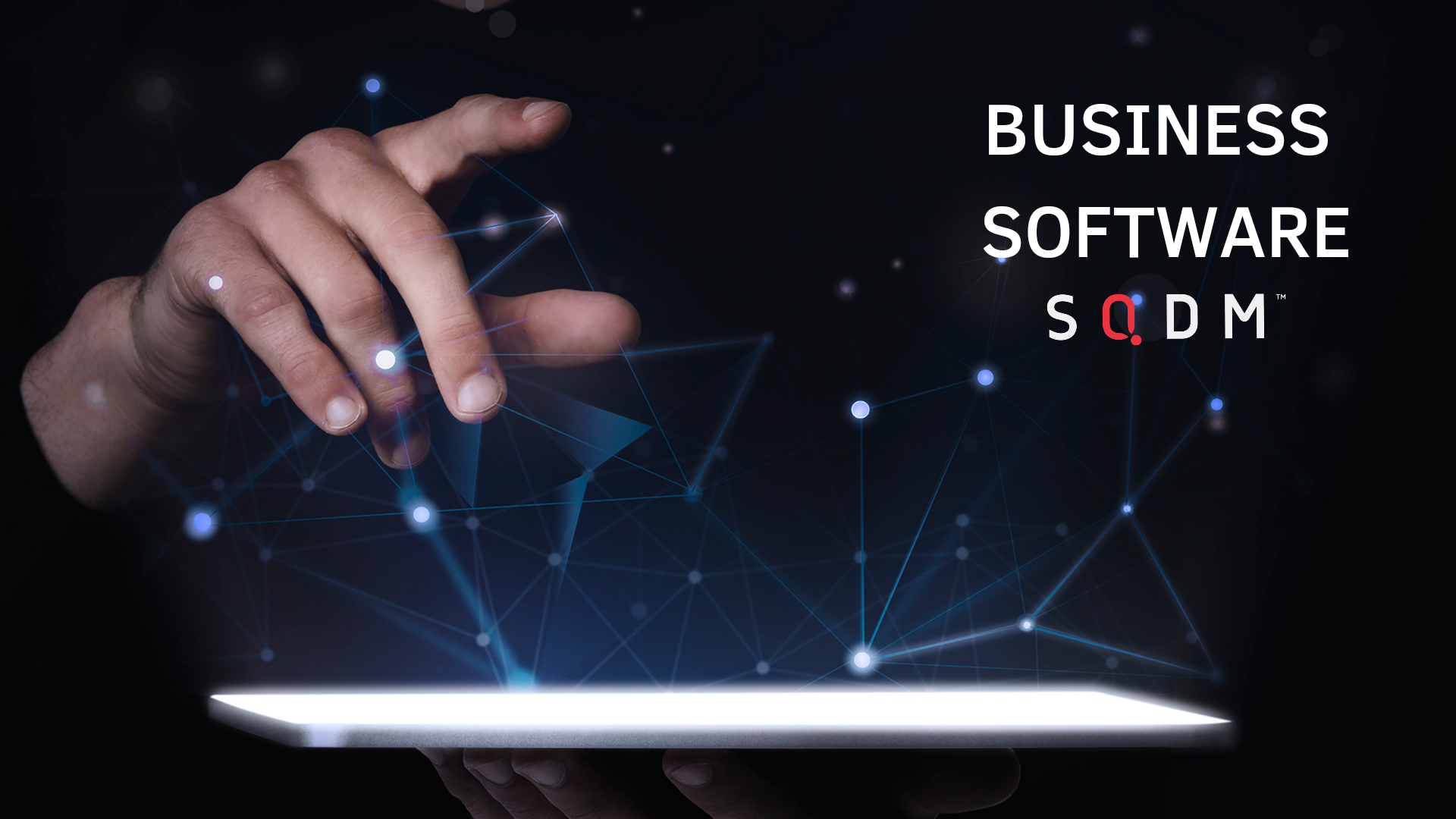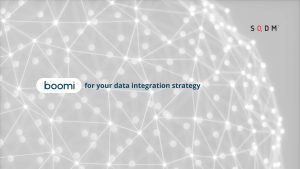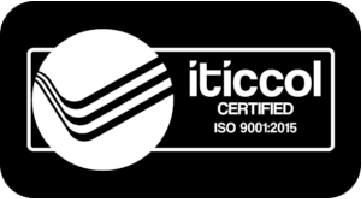Today, the use of software has become essential for the efficient and successful operation of any company, regardless of its size or sector. Business software offers a wide range of solutions and tools designed to improve productivity, automate processes, manage data and facilitate strategic decision-making.
In this blog, we will explore different aspects related to enterprise software, from the latest trends and technological advances to best practices and tips for selecting, implementing and optimizing the right software for your organization. In addition, we will address topics such as digital transformation, systems integration, information security and continuous improvement.
Whether you’re looking for software to manage your finances, improve internal communication, manage the customer lifecycle or boost your marketing strategy, this blog will provide you with valuable information and useful insights to help you make informed decisions and maximize the potential of software in your business.
There are many alternatives that are appearing as the digital transformation advances, so it is important that the companies take one of more solutions in their inner workings to fit with the changes of the technology and offer new experiences to their work team and customers, and at the same time, make the company stronger against competitors.
What is software for business?
A business software application is a software that is developed specifically for the realization of the corporate activities and to reach the objectives of the company, the most significant benefits of the implementation of this software is to reach the efficiency objectives, have more control of the activities inside the company, save money and improve productivity.
This is a general definition, since you can find entirely different software for the different areas of the company, with different functions and ways to use them.
Good enterprise software is characterized by several features that make it efficient, reliable and suitable to meet the needs of an organization. Some key features include:
- Comprehensive functionality: The software should offer a wide range of functionality that covers the specific needs of the business. From project management and accounting to inventory tracking and human resource management, good software should cover all key areas of the business.
- Customization: Each company has its own unique processes and requirements. Good business software should allow for customization to fit the specific needs of the business. This may include the ability to customize reports, forms, workflows and other features to fit the organization’s mode of operation.
- Intuitive usability: The software should be easy to use and understand for users, even those without technical expertise. An intuitive interface and simple navigation facilitate adoption and efficient use of the software throughout the organization.
- Integration and compatibility: It is essential that the software is compatible with other systems and applications used in the enterprise. The ability to integrate with existing tools, such as customer management systems (CRM) or e-commerce platforms, improves efficiency and avoids duplication of effort.
- Security and privacy: Enterprise software must ensure data security and privacy of sensitive information. This involves implementing robust security measures, such as data encryption, restricted role-based access and regular backup of information.
- Scalability: Good enterprise software must have the ability to grow and adapt to the growth rate of the organization. It should be scalable to handle a greater volume of data and transactions as the company expands.
- Support and upgrades: It is important to have a reliable software vendor that offers good technical support and regular software updates. This ensures that the company is backed up in case of technical problems and that it is kept up to date with the latest software enhancements and functionality.
Types of business software applications
There is a classification into three big groups:
Cross business solution
It can be applied in all kinds of business and their functions are determined from the managed area. These solutions are part of the nucleus of the business and must have to be integrated with the particular solutions available on the company.
Examples of this solution are: ERP, CRM, Human Resources, BI, document management, E-commerce platforms, E-learning, LMS or Learning Management System, and others.
Business solution from functional area
This solution is focused on a specific area of the business, in this case can be logistic, supply, marketing, quality management, and others.
Sectorial business solutions
Inside this classification, there is another type of software, designed to cover the specific needs of each sector of the company, with this solution you can find vertical and sectorial solutions.
In general, these solutions are based on a specific place of the market, so you can find solutions for industrial, sales, customer service, building, health, and other markets.
Another way to classify the business software applications, is the purpose that it was created, for example:
- Office software: Offer resources to carry out daily activities of the office, like text elaboration, spreadsheets, presentations, and others.
- Customer management: It lets you schedule meetings, develop customer profiles, follow the customer journey and other activities related.
- Remote work: This software lets the members of the team work from different parts, besides the company installations, in general, you can find it like business software online.
- Data analysis: Its principal function is the analysis of data, to obtain a complete report of the performance of the company, or in some cases, make predictions about the customers, team, other software or market behavior.
- Complete solutions: In this point, we talk about software that fulfill more than one function, but are destined to a specific area of the company, for example, Business Intelligence, ERP (Enterprise Resource Planning) or CRM (Customer Relationship Management).
Technological solution to improve the business strategy
ERP (Enterprise Resource Planning)
It is focused on the planning of the business resources, in general is based on a software, or one software with multiple tools destined to agilize the activities related to the main objective.
It covers operative processes like finance, human resources, distribution, fabrication, supply chain, and other processes.
The structure of this software is modular, each module responds to an area of the company. When you implement this strategy, you can choose how many modules you need to make the software fit perfectly with your needs, and in the future the company can access new modules if it is necessary.
Benefits
- Allows scalability, and grows with the company, without the necessity of integrating new or eliminating old software.
- Facilitate the process of decision-making.
- Help to identify the duplicity in the activities, saving time and money, and giving more control of the processes inside the company.
Modules that an ERP software can have
-
- Accounting: Manage bills, banking movements, pending payments, tickets, in other words, you can automate the accounting processes.
- Billing: Automate the receipts and bill control, agilize administrative procedure, also you can access tools that let you calculate the payment of your taxes.
- Shopping: Organize and control the bills of your company, according to the department and projects, that is to say, manage all the commercial activity of your company.
SCM (Supply Chain Management)
It offers analytics systems in real time to manage the existing products and information flow of all the supply chain, improving the team and the customer experience. With this software, you can manage all the resources in the fabrication process, from the request of the raw material, to the sale of the final product.
Benefits
- Avoid human mistakes.
- Control and manage all the activities related to the products, is a perfect e-commerce business software.
- Control and manage the production costs and business administration.
BI (Business Intelligence)
It is a software equipped with tools designed to improve the performance of the teams of the company, it creates information analysis, to automate it and use it as the base of the decision-making.
Benefits
- Improve the quality of the information that the company produces.
- Improve the customer experience since identifying the market trends and the specific needs of each client.
- Allow easy access to the information to the creation of reports.
POS (Point On Sale)
This software is specially designed to manage a point of sale of a company. These programs and devices have as main objective to improve and facilitate the sale process, also you have more control and supervise the entry and exit of money, and access to complete information to create financial reports.
It is based on touch technology that lets the customers manage their process, as they need.
Benefits
- Improve the customer experience.
- More control of the finances.
- A better experience for both the customers and the employees.
CRM (Customer Relationship Management)
It is a technology that manages all the interactions that exist between the company and the customers, a CRM software offers a multichannel platform to keep a good relation and contact with the customer, optimizing processes and improving productivity.
With a CRM software, the company can supervise, monitor and analyze all interactions between the company and the customer, you can monitor phone calls, emails, social media, presencial meetings, online chats, actions on the websites, and others.
CRM involves a complete business strategy for growth, and the vinculation of the complete company in the strategy.
You may be interested: CRM for companies How implement it?
Benefits
- Line the marketing and sales areas.
- Identify the needs of the customers to design or offer better products and services.
- Help to identify possible leads.
- Create a complete customer profile and customer journeys to offer better customer experience.
One of the more useful platforms inside this type of technological solution is Salesforce. This platform supports you in the development of a business strategy that will help you to reach the main objectives, relative to marketing and sales, that your company has.
Salesforce is the number one platform in the word, and offers you multiple communications channels, and tools to manage different strategies at the same time, also you can count with predictive devices, that will help you to understand the behavior of your customers and the market that you belong to.
We recommend you: What role does technology play in a CRM strategy?
In the market, you can find companies that implement this platform, but remember that the company must have a partnership and do quality implementation so you can take advantage of all the benefits that Salesforce has for you.
SQDM is an Outsourcing Salesforce company, that is focused on the productivity of our customers and the quality work, contact us to offer to your customer a plus of quality.






